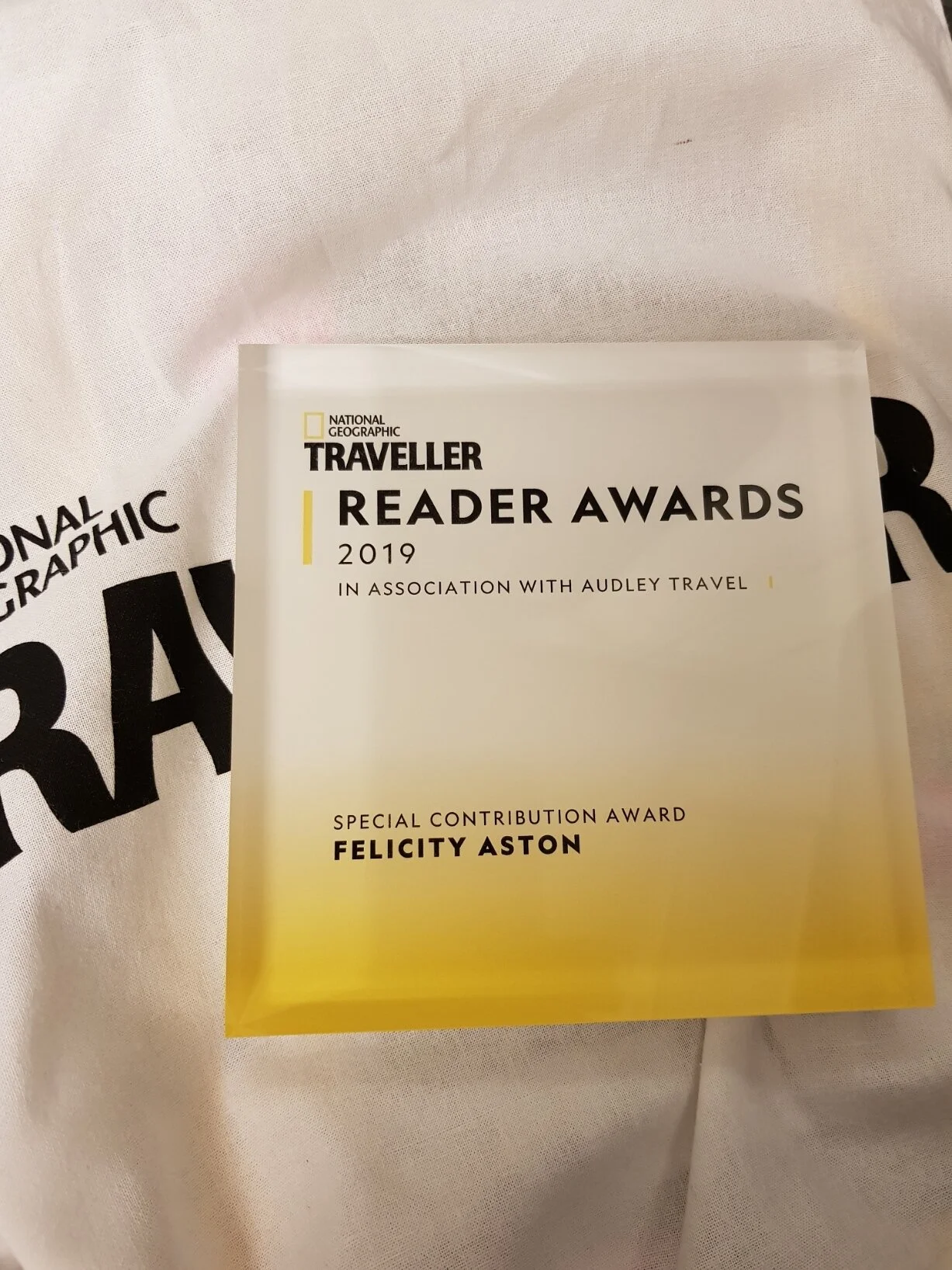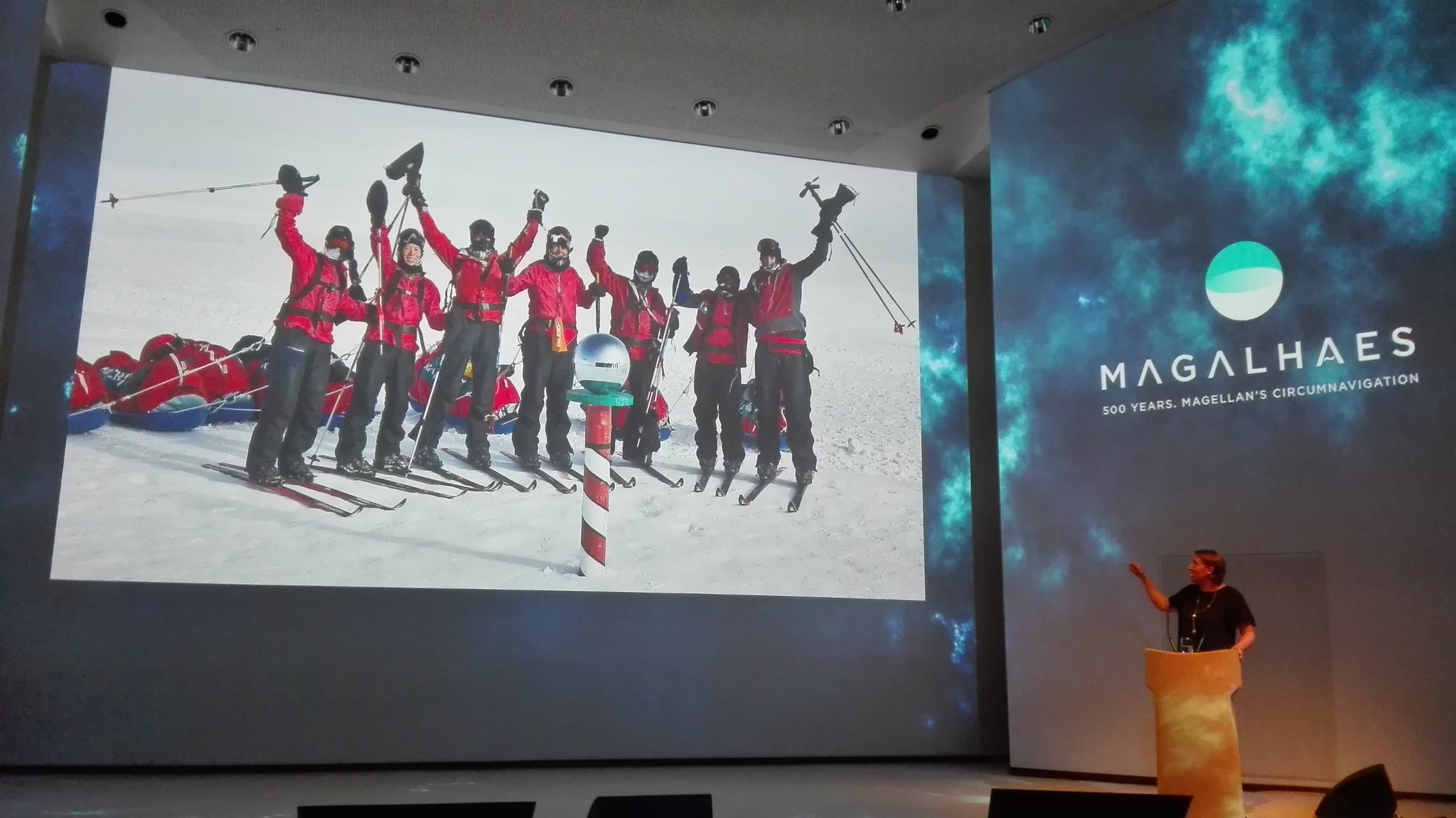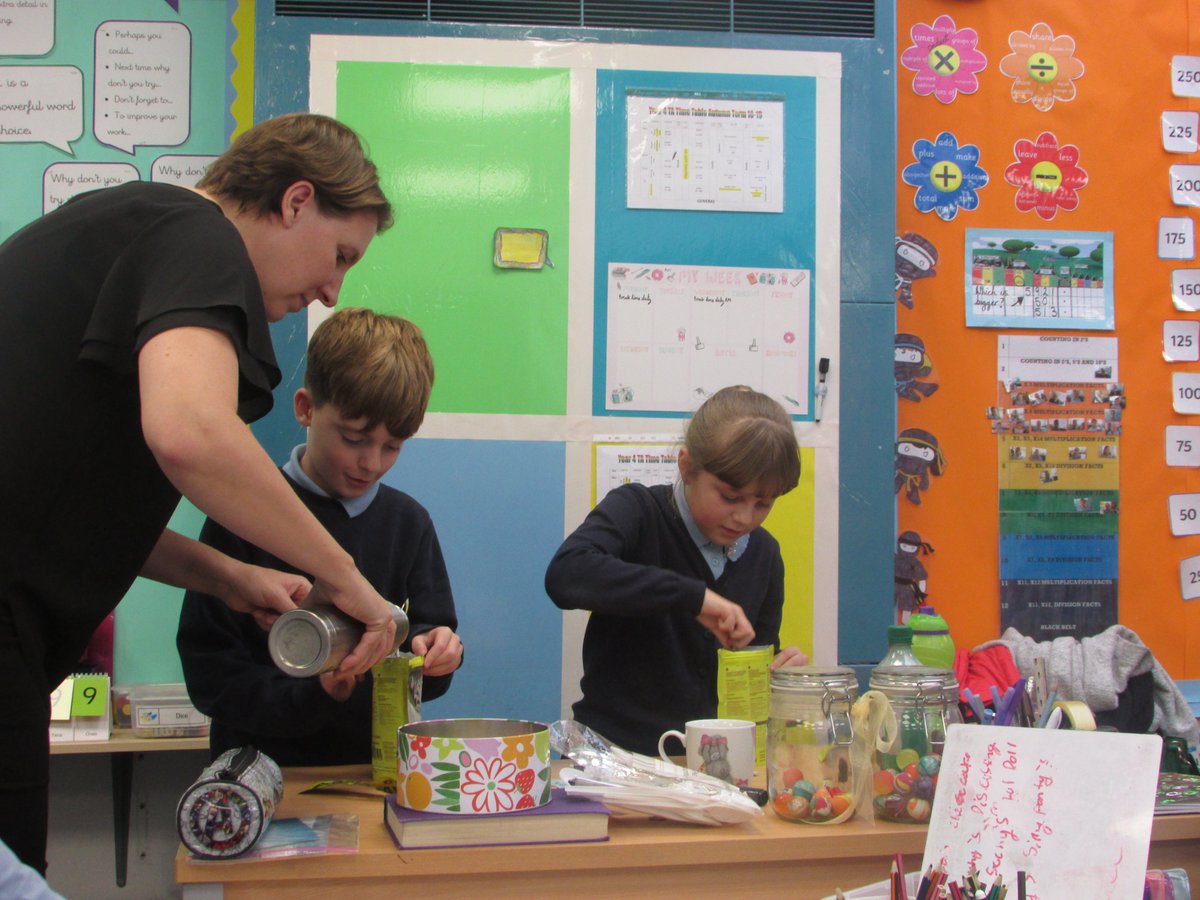Congratulations to Eric Post, Pernille Sporon Boving and the Polar Forum at UC Davis in California for putting on yet another thought-provoking, inclusive and memorable Polar Day.
I was completely thrilled to be involved again (I spoke at Polar Day at Penn State a handful of years ago) alongside a stellar line-up of polar presenters. First was Hester Blum, Professor of English, Americanologist and polar devotee who set eyes on her newly published book for the first time at the event: The News At The Ends Of The Earth - The Print Culture of Polar Exploration. Hester shared just a tiny amount of the paper ephemera from polar expeditions that she has been carefully studying over the last decade including menus, newspapers, play bills and cairn notes.
Next was Liz Bradfield, who coincidentally also saw her new book for the first time at the event. ‘Toward Antarctica: An Exploration’ is a volume of poetry, travel journal and photography inspired in its style and format by Basho, a Japanese poet of the 1600s. I was first introduced to Liz’s work by Hester, so it was a real treat to meet her and hear her read from her new book.
Before it was my turn (I spoke about last year’s Women’s Euro-Arabian North Pole Expedition), Lily Simonson introduced us to her work - some of which was on display around the room. She traced her journey from painting lobsters, moths and Yeti Crabs (white hairy crabs from the deep ocean) to diving in deep sea submersibles and under Antarctic sea ice to depict otherworldly sub-ice worlds and polar sea creatures.
It was such a pleasure to be part of an event that took such a holistic approach to the polar regions, beautifully blending art, the humanities, science and exploration to give a much more rounded view of the Arctic and Antarctica. At the heart of it though was a committed and positive determination to ensure the well-being of these regions that we each care so deeply about.
In particular, for me, one phrase rang out - stated by Eric right at the outset of the day: What happens in the Arctic does not stay in the Arctic.
This is a stark reminder that the consequences of changes in the Arctic environment will be felt globally, providing one more reason why we each - no matter where we live or come from - have reason to be informed and engaged in the fate of the polar regions.


























